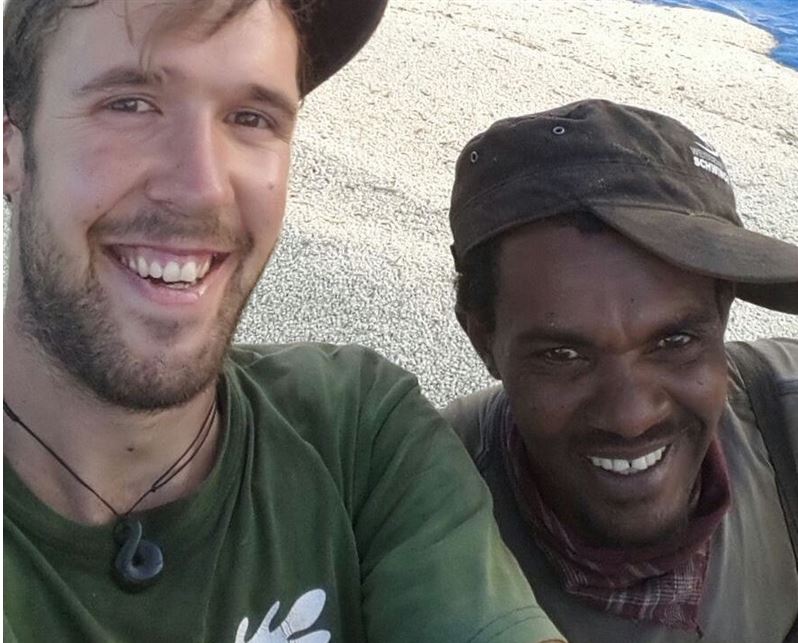Country and people in Ethiopia
Most of the time I feel like Roger Federer here. Not that I accomplish athletic excellence, clear awards and trophies and conclude advertising contracts. But on one point we could still be similar: I can barely take a step without the public eye on me.
As the only white within a radius of many kilometers that is quite understandable, it is sometimes exhausting anyway. Incidentally, Roger Federer himself would hardly receive more attention than I do: absolutely nobody knows him here. Otherwise it’s always a safe bet: where are you from? From Switzerland. Big eyes of the opposite. Roger Federer? Ah yes, exactly! Not here. Roger who? Anyway, we call you Sesbatin, and you’re just a “Farenji” (white / European).
It is difficult to try to describe the life in the countryside in Ethiopia – especially since I am aware that I am housed here somewhat shielded and only know fragments of everyday life of the native population. So I just want to describe a few loose impressions from which you can make your own picture.
There is no brick house far and wide. The huts are thatched and paved with clay or cow dung. There is a school, thanks to development aid, even a kindergarten. The villagers speak Oromo and understand Amharic – English stops counting to 10 and “how are you …”. The huge poverty of the people can be recognized, for example, by the fact that all bales of straw which we still had in the field were cut open overnight. Sabotage? Far from it, the strings were stolen. Poverty enables new industries: For example, you can have your cell phone battery recharged to one of the village’s two generator owners. Christianity is strongly anchored in Ethiopia. The church also has an important social position and is the “meeting place” for the people. In the small village of Uitate alone, there are three different churches. When asked whether the service takes a long time, is clearly answered with no. 3 hours is the shortest version, 6 hours the longest. I rarely saw an unfriendly or bad-tempered person in my time here. Much is also dubbed, and to say that the simple life makes happy, I think too easy. Even those who own a car or smartphone have a wide, hearty laugh. The Ethiopians are running a lot, but not necessarily like it. Whenever possible, you drive: whether on a truck, a donkey cart, on the tail bucket or in the grain-laden trailer. Basically nobody drives here alone, not even a motorcycle. There, the average occupancy is 3.5 people.
It is a double-edged affair when people light and bless me with blessings after taking them with the tractor a bit. Nice, I think, if I can make a pleasure. On the other hand, that’s not my tractor. Not my diesel. As a wealthy European, am I not also complicit in the fact that these people already enjoy such tiny little things, because otherwise there is not much material happiness in their lives?
Fortunately, I never had the crazy claim to solve the “problem Africa” in my stay here. Every day I try to make a very small contribution, which I try to measure as follows: Is it better for the project here and the people I’m dealing with to be here? Or would it be better for everyone, would I have stayed somewhere on the banks of the Reuss? Since I still believe that not only can I benefit from my existence, I remain. Despite all the disillusionment and strangeness. After all, the alternative would be called military service, and I have been told that since the meaning is not obvious every day.
Sebastian Hagenbuch

